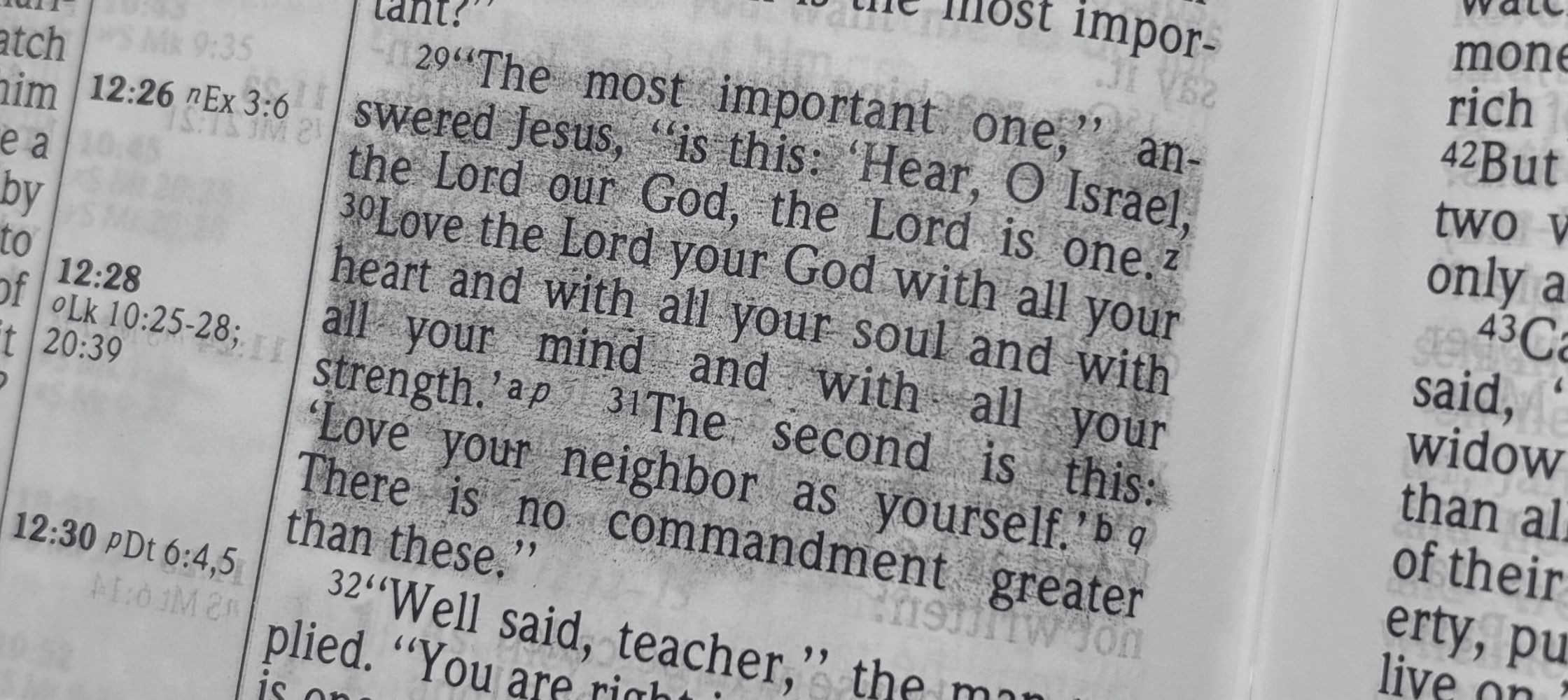Thank you! Your submission has been received!
Oops! Something went wrong while submitting the form.

By: Robert E. Zink
April 9, 2024
I often tell people that my greatest weakness in ministry is often me. I am sure that many of us feel at times that the greatest hindrance to accomplishing something is ourselves, and this proves true in ministry as well. One of the ideas I have been pondering has been how that reality plays out in evangelism, noting that sometimes the greatest barriers to evangelism are self-imposed. In fact, I have been writing about that over the previous weeks (1).
These self-imposed barriers wreaking havoc on our evangelism come in various forms. As mentioned in previous weeks, they include hindrances such as a lack of obedience and creativity. Yet another impediment that is worth considering is the limits of activity.
Now, what exactly do I mean by limits of activity? In its simplest form, the limits of activity refers to the barriers we place on our evangelism simply by not taking action. When I discuss the limits of activity, I tend to use three descriptive words: uncertain, unaccommodating, and unwilling. Sometimes, it is characterized merely by an uncertainty about what action to take. This happens because we’re just not sure what would be the best way to move forward and reach people. In other instances, it is characterized by a lack of accommodation. When presented with an idea, it gets immediately rejected as something we can’t do without due consideration. The last characterization is unwillingness, which is just as it sounds, an unwillingness to take action. We may put stipulations on our evangelism, saying that we will only engage if certain conditions are met or if it is done in a certain way at a particular time. Now, in some ways, limits of activity can be related to the limits imposed by disobedience, but not always (for more discussion on that, see the linked article below).
It’s not uncommon for a lack of evangelism to result from nothing more than a lack of action. I suspect we’ve all been there to some degree. It’s uncomfortable to step out in faith to bring the gospel to people, especially if we fear rising tensions. As a result, we fail to take action, often utilizing a series of excuses that fall under the three categories listed above. Unfortunately, our lack of action causes us to miss out on the blessings that come with obedience to the Lord, which include joy in serving the Lord, contentment in knowing we followed Him, and satisfaction in being used by the Lord.
If a lack of evangelism is the result of a lack of action, then the easy solution is to say, “Just take action.” Yet, if it really were that simple, then there would be no need to have this discussion here. The reality is that many of us fail to move forward in action, so let me share some unsurprising action steps.
Obedience to the Great Commission gets hard mainly because we are the greatest hindrances to it. Our evangelism is often hindered simply because we have put stipulations on how and when we will act. Like the limits of disobedience and limits of creativity, the limits of activity function as a self-imposed barrier to evangelism. Our response then is to bring it before the Lord and ask Him to give us the desire, the courage, and the ideas to move forward so that we can quit being the greatest hindrance to evangelism.
(1) You can read the previous articles on self-imposed barriers of evangelism by clicking the following titles:
